On this page, we regularly post new substantive articles on topics such as: new developments, research, application of LED, sensors, data, and insights.
Knowledge base
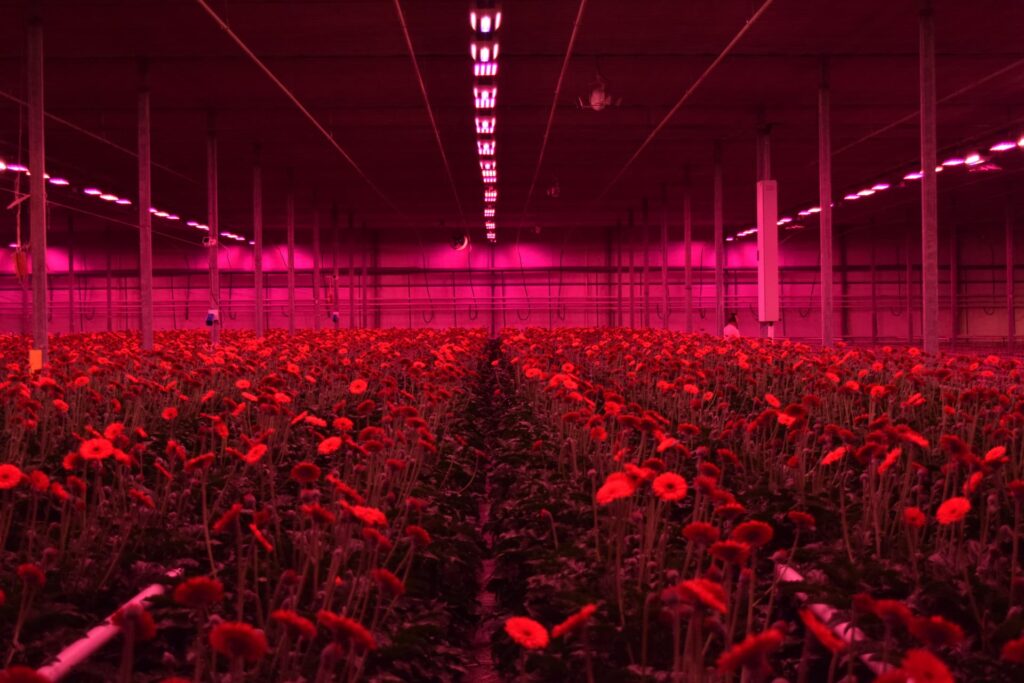
Considering LED lighting? These are the pitfalls to avoid
You’ve done your research, explored subsidy options, and perhaps even requested a few quotes. But ho…
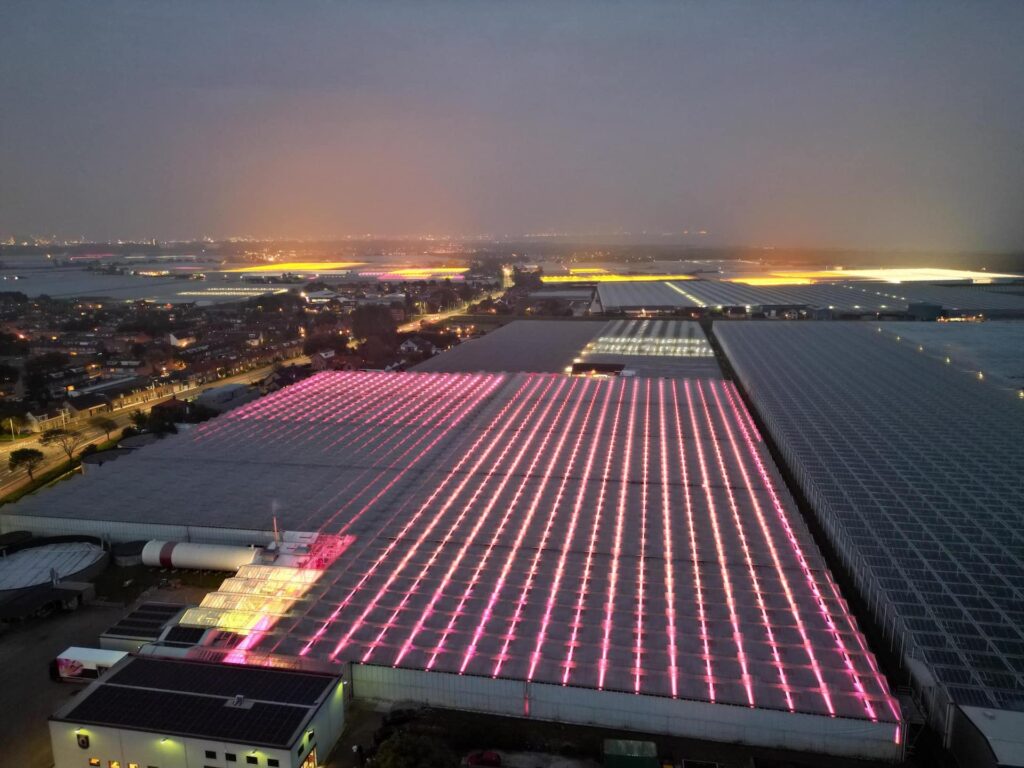
Make smart choices when investing in LED lighting for your greenhouse
If you’re looking to make your operation more sustainable, or planning to build a new greenhouse, LE…
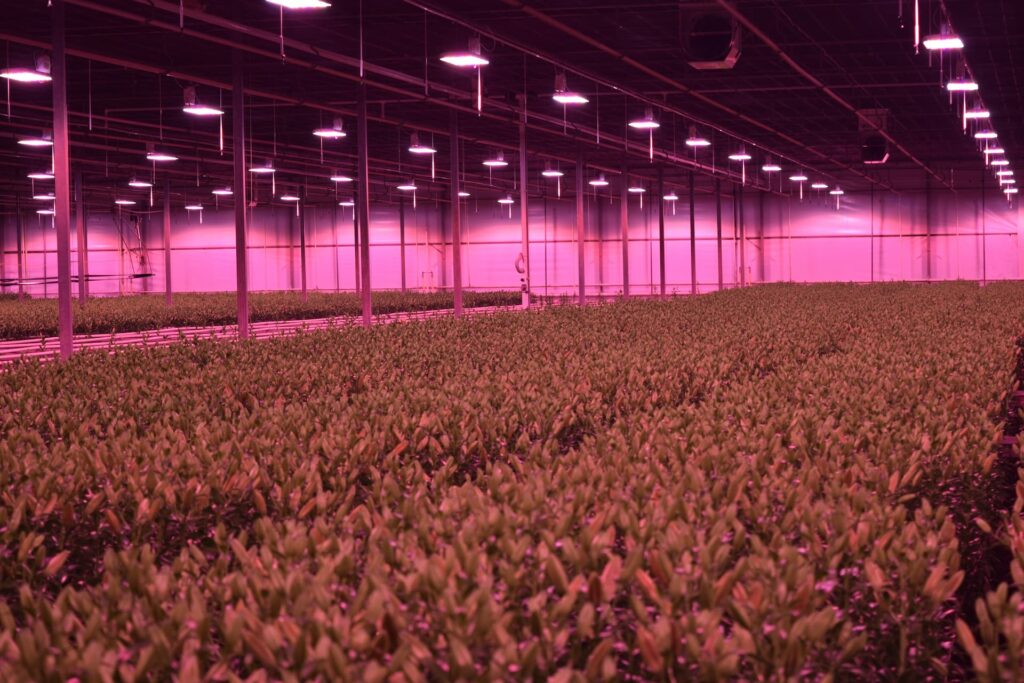
LED is the new standard, here’s how to get it right
The decision has more or less been made: LED lighting is now the new standard in greenhouse horticul…
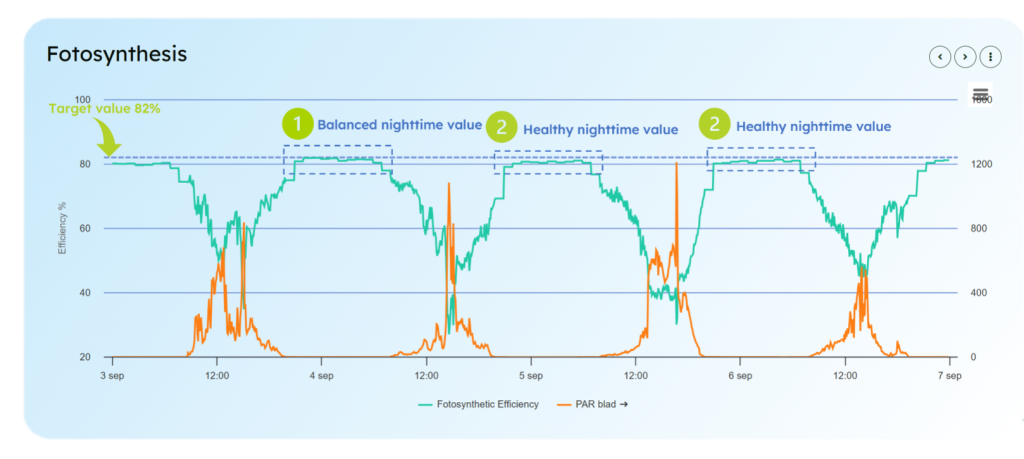
Data from the Greenhouse: Photosynthetic Efficiency (Light Deviation) – Part 3
In this article, we delve deeper into light deviation and how this value helps us validate the balan…
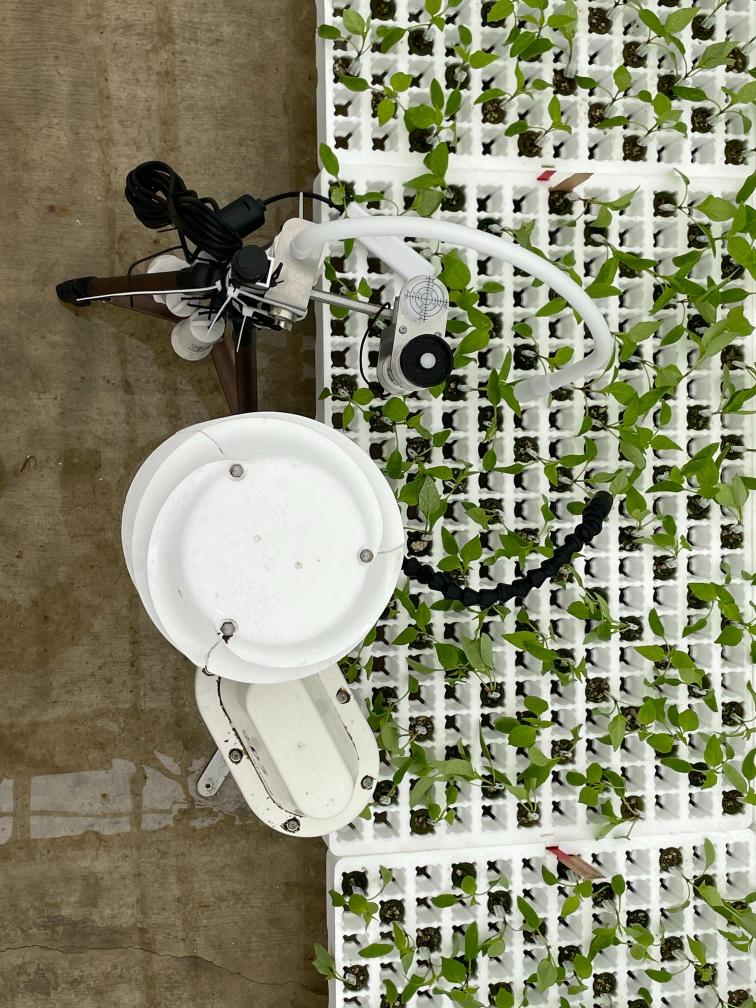
The five most commonly used multisensors in greenhouse horticulture
In recent years, greenhouse horticulture has experienced tremendous technological advancements, part…
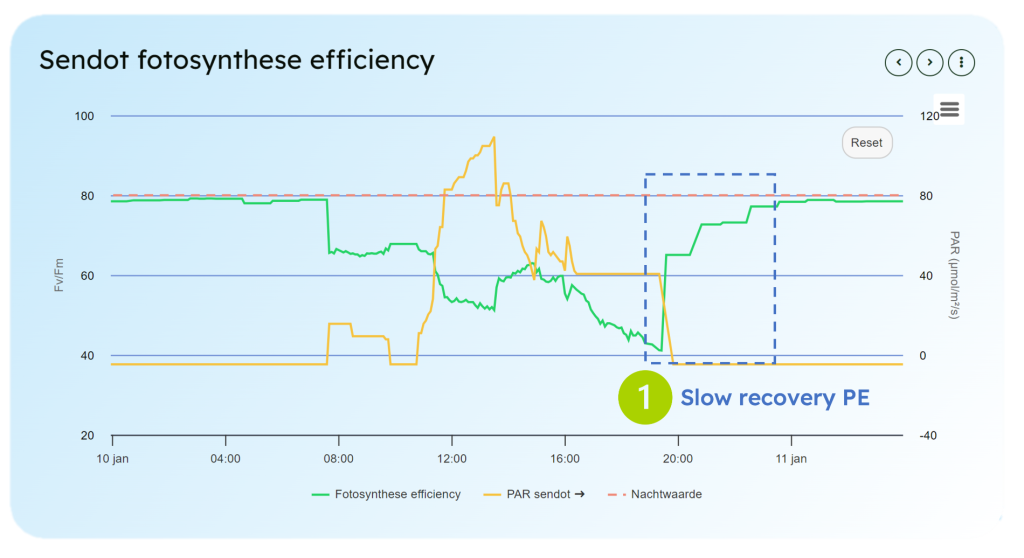
Data from the Greenhouse: Photosynthetic Efficiency – Part 2
In this article, we delve into nighttime photosynthetic efficiency, a value that is essential for th…
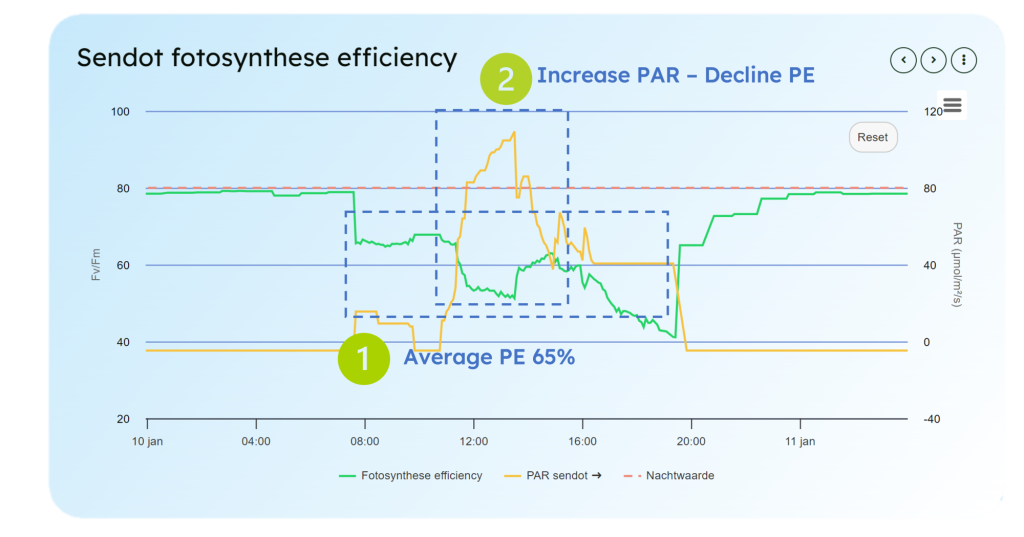
Data from the Greenhouse: Photosynthetic Efficiency – Part 1
In greenhouse horticulture, data now plays a crucial role in optimizing cultivation conditions. By a…

Data from the Greenhouse: PAR
In this article, we focus on Photosynthetically Active Radiation (PAR), a crucial factor for crop gr…

The 5 Most Commonly Used Sensors in Greenhouse Horticulture
Greenhouse horticulture has made tremendous technological strides in recent years, largely due to th…

Data from the Greenhouse: RTR
In greenhouse horticulture, it’s crucial to find the right balance between light and temperature to…

DLI & Controlled Environment Agriculture: Unlocking Optimal Plant Growth
In controlled environment agriculture, light is one of the pivotal factors influencing plant growth….
Stay up to date
Would you like to stay informed every month of the latest news in LED lighting for horticulture? Then register.
Error: Contact form not found.
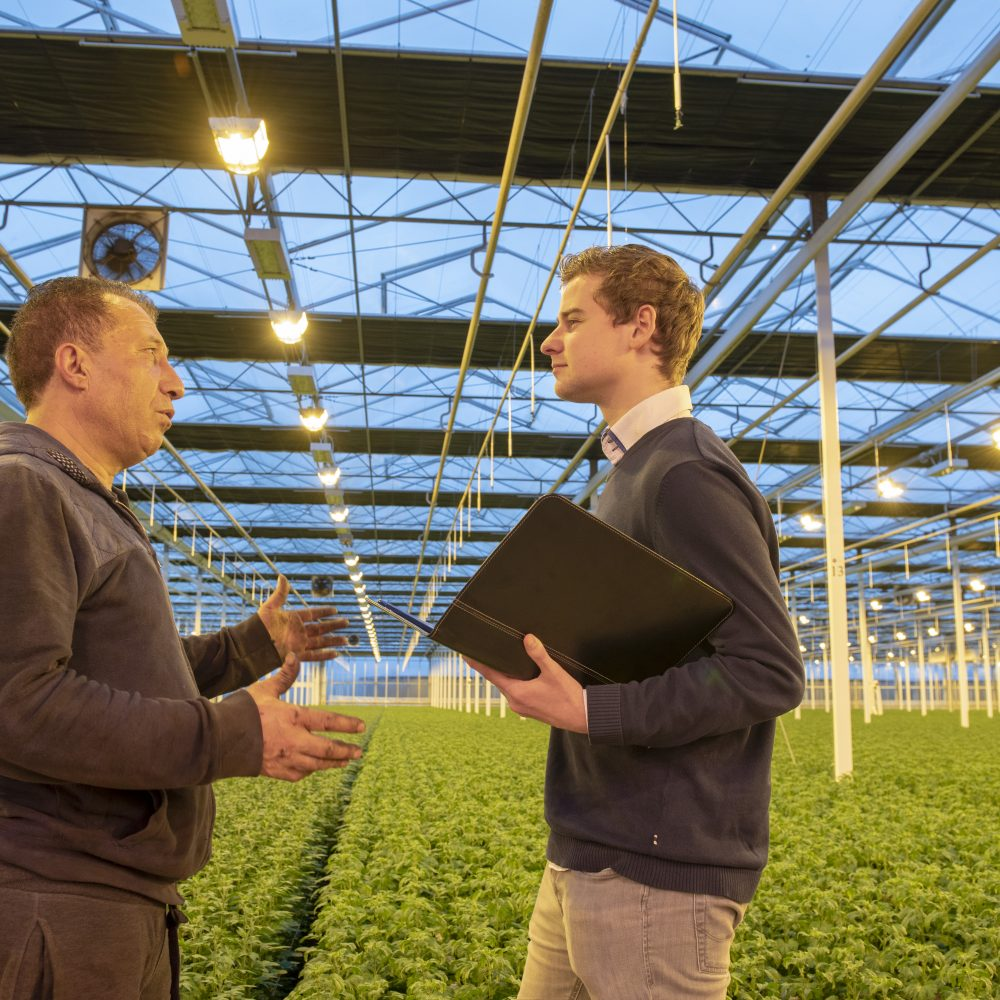
Do you want to know more?
Curious about what Ledgnd can do for you? Leave your phone number, and we’ll get in touch as soon as possible for a no‑obligation informational chat.

